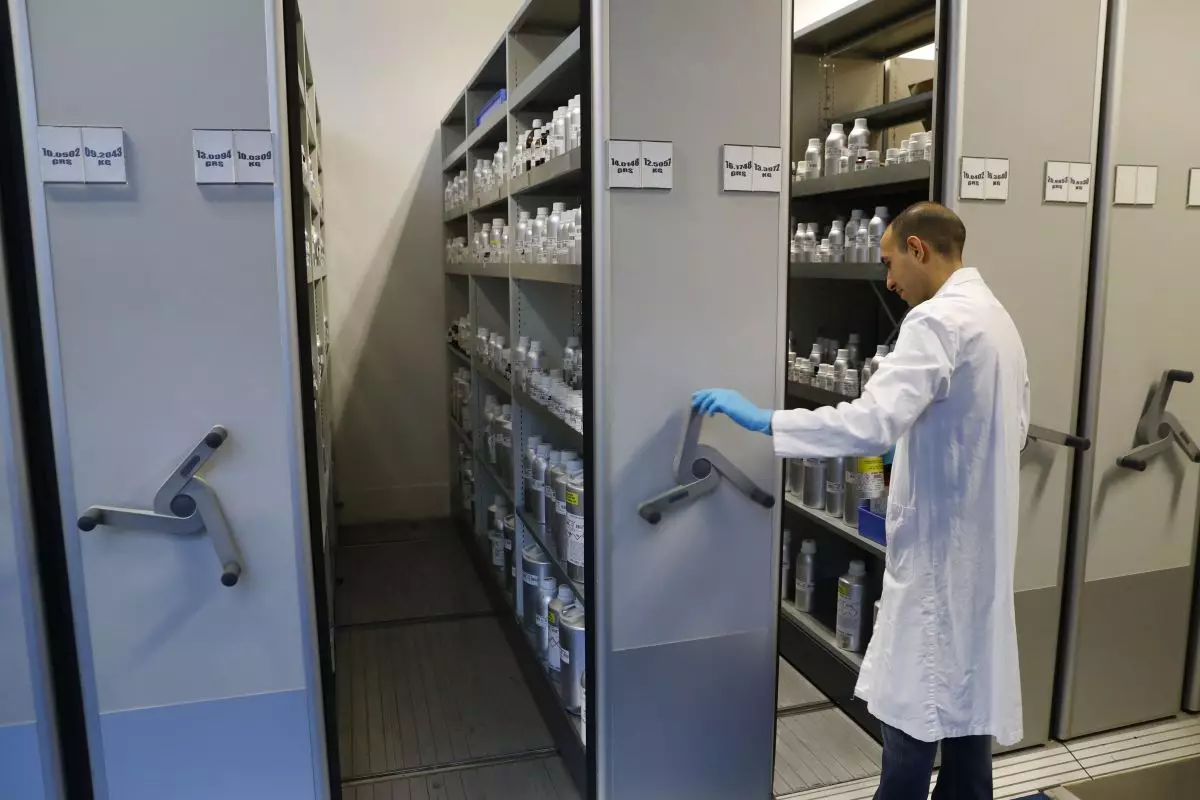In recent years, the integration of artificial intelligence (AI) into various sectors has rapidly transformed traditional processes, with the scientific community being no exception. The proliferation of generative AI is now establishing its foothold in the area of chemical research and development, where the complexities of experimentation often involve extensive trial-and-error methodologies. With the advent of AI tools aimed specifically at researchers, such as Albert Invent, the landscape of chemistry is undergoing a significant shift. This article delves into the pivotal role of AI in chemical sciences and the potential it holds for future innovations.
Traditional chemical research faces the daunting challenge of navigating vast and often intricate datasets to derive meaningful insights. Scientists routinely contend with unpredictable variables during experimentation that can deter progress and inflate project timelines. Given the rigorous demands for efficiency and precision in research and development, it is no surprise that AI technologies have become valuable allies for chemists. AI not only accelerates the process but also enhances the accuracy of predictions and outcomes, significantly aiding in the discovery of new materials and compounds.
One of the most promising AI platforms making waves in this domain is Albert Invent. This innovative startup leverages data derived from an extensive history of chemical experiments to provide chemists with advanced tools for molecular analysis and product formulation. By enabling researchers to sift through and analyze complex datasets with enhanced speed and efficiency, Albert Invent aims to streamline the traditionally arduous research process.
Founded by individuals with extensive experience in materials science and technology, Albert Invent is a prime example of how industry knowledge can inform groundbreaking advancements. The AI platform, known as Albert Breakthrough, has recently garnered significant attention and funding—raising $22.5 million in a Series A funding round led by Coatue. This impressive financial backing underscores the growing interest among investors in leveraging AI to refine chemical processes.
The company’s proprietary AI models have been trained on a robust dataset comprising over 15 million chemical structures, a feat that sets it apart from conventional approaches. This extensive range of knowledge equips Albert Breakthrough with the ability to generate real-time toxicology predictions and offers a promise of surpassing existing industry benchmarks.
According to Nick Talken, CEO and co-founder, the application of AI in this context represents a paradigm shift. He emphasizes that the capabilities of Albert Breakthrough enable the largest chemical companies globally to rethink and reinvent their methodologies, thereby addressing critical societal challenges—ranging from sustainability to advancements in personalized medicine.
The Path to Market Adoption
Albert Invent’s success is no mere coincidence; it reflects a growing trend of technology-driven solutions within the chemical sector. With clients that include industry leaders such as Chemours and Henkel, the platform’s popularity is indicative of a wider acceptance of AI in enhancing product development practices. Co-founder Ken Kisner, who has a strong background in chemistry and technology, played an essential role in shaping the strategic direction of the startup and ensuring its alignment with industry demands.
In an era where sustainability and innovation are paramount, the significant advancements offered by Albert Breakthrough are likely to attract more investment and interest. The tech community as well as traditional chemical companies are starting to realize that effective integration of AI can yield substantial business benefits, which is critical in a highly competitive market.
As the line between technology and science continues to blur, startups like Albert Invent exemplify a transformative potential within the chemical realm. The reliance on domain-specific models rather than generalized algorithms not only indicates a thoughtful approach to AI application but also highlights the necessity for specialized knowledge in achieving superior outcomes.
The journey of Albert Invent serves as a blueprint for similar ventures looking to harness AI’s power for scientific advancement. As organizations progressively realize the importance of adopting AI-driven solutions, the future of chemical research appears not only efficient but also excitingly promising. This evolution could mark a new chapter in scientific discovery, where the challenges of the past are met with innovative, data-centric solutions that empower researchers to reach new heights in understanding the intricacies of chemistry.

